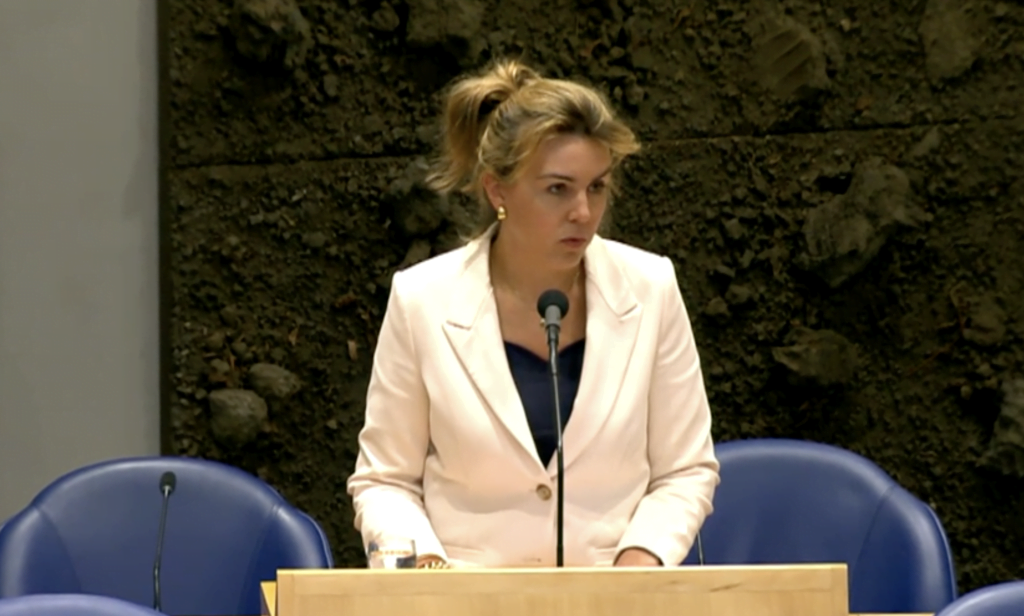During the World Circular Economy Forum in Brussels, Vivianne Heijnen, the Dutch Minister of the Environment, made a strong plea for a European policy framework to make the chemical industry more sustainable.
This speech marks an important moment for the European chemicals sector and the wider efforts to promote a sustainable economy in the EU. Heijnen emphasized the need for rapid action to realize the transition from fossil to sustainable carbon sources within the chemical industry. She stated that this is essential for the long-term competitiveness of the sector and for the transformation into a truly sustainable industry.
“Together with France, the Czech Republic and Ireland, we have drawn up a joint statement on this important issue,” Heijnen reported. Later during the event, this declaration will be officially presented to the European Commission, represented by Commissioner Hoekstra.
The chemical industry plays a crucial role in tackling climate change, reducing raw material consumption and limiting pollution. Heijnen pointed out the key role that industry can play, not only as part of the problem, but also as part of the solution. “The chemical sector can be a driving force in achieving both the EU's circularity and climate goals, while at the same time reducing our dependence on external parties,” Heijnen said.
However, the sector faces major challenges. High energy and raw material prices have made the European chemical sector less competitive. This has led to the relocation of activities to countries outside the EU, which can have negative consequences for the European economy. Importing chemicals that do not meet EU environmental and safety standards could be a serious setback for the EU's environmental ambitions.

Heijnen's speech emphasizes the urgency and importance of European cooperation and policy-making to ensure a modern, globally competitive and sustainable chemical industry in Europe.
To face these challenges, Heijnen advocated the creation of a European policy framework. This framework should focus on market creation, the availability of sustainable carbon and instruments to strengthen the competitive position of the chemical industry. “Market creation is essential to stimulate both demand and supply of sustainable carbon products,” Heijnen said. She proposed setting ambitious, achievable targets for the use of sustainable carbon as a feedstock in the chemical industry, which would provide clarity and perspective to the sector.
In addition to market creation, it is critical that attention is paid to the availability of sustainable carbon to help companies make this transition. Heijnen called for a strategy that optimizes the production and use of sustainable carbon in the EU, as part of a broader EU bioeconomy policy and in line with the Waste Directive.




